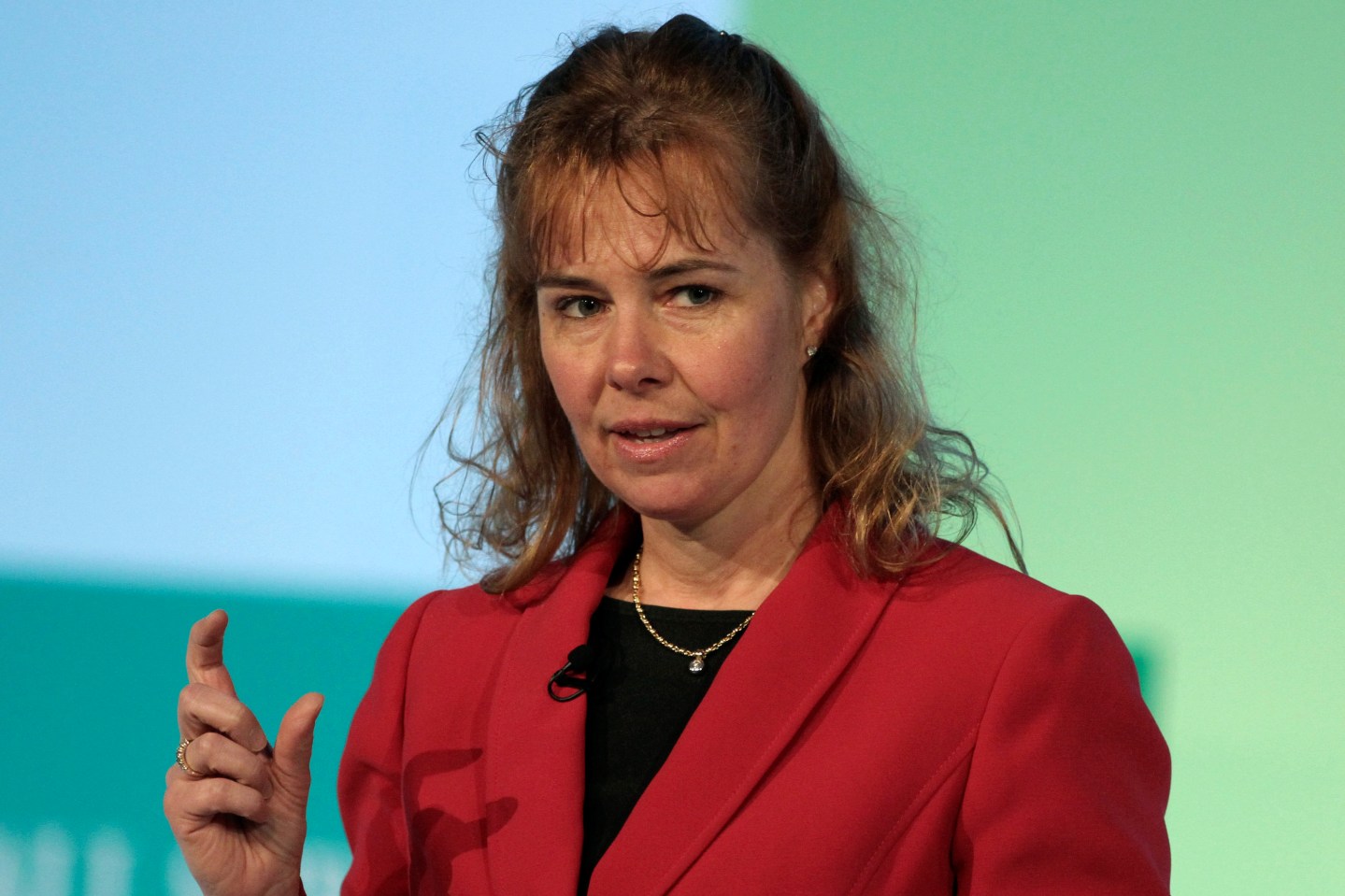Good morning.
I have known Christina Lampe-Önnerud for 15 years, and she is irrepressible. She has an ebullient personality and a passion for opera singing, jazz dancing, and cello playing—among other things. But her true love is batteries. She founded the battery company Boston-Power in 2005, ran it until 2012, and then took the only route she saw available to achieving scale in her business: she sold it to Chinese investors. It was an all-too-common case of American innovation providing the base for a Chinese manufacturing industry.
Ten years later, Lampe-Önnerud is back. As CEO of Cadenza Innovation, she is part of Li-Bridge, a public-private partnership, convened by the U.S. Department of Energy and managed by Argonne National Laboratory, with the purpose of creating a robust manufacturing base and supply chain for lithium-ion batteries in the United States.
Is it too late? James Greenberger, executive director of NAATBatt International—one of three industry trade groups spearheading the initiative—says that in terms of battery manufacturing, the U.S. is “10 to 20 years behind Asia” and “five years behind Europe.” But it’s a testament to the power of the hundreds of billions of dollars of stimulus in the Inflation Reduction Act that the group now thinks the U.S. has a chance to play. “Most of us had to exit our companies to Asia,” says Lampe-Önnerud. “I think it is pretty cool that the United States is saying now, we are going to be a part of this economy and take advantage of the knowledge that we have.”
The group is releasing a report this morning with 26 recommended actions to bolster the domestic lithium-ion battery industry, stretching across the supply chain—starting with a “buying consortium” to ensure a reliable supply of raw materials and ending with a national recycling plan for batteries. In short, it is a clearly-articulated industrial policy—designed to get the U.S. back into a business it started. Will it work? Who knows. But with the combination of a clear national strategy, a shipload of money, and talented American entrepreneurs like Lampe-Önnerud, it just might. “I never give up,” she says.
You can read the full report this morning here. Other news below.

Alan Murray
@alansmurray
alan.murray@fortune.com
This article was updated on Feb. 15 to correct which government department has convened the partnership.
TOP NEWS
Musk’s replacement
Elon Musk says his replacement as Twitter CEO will probably be installed “towards the end of the year,” which would be a heck of a long time after he polled Twitter’s users about whether he should stand down, and got told to go. “I think I need to stabilize the organization and just make sure it’s in a financially healthy place and that the product road map is clearly laid out,” he (remotely) told the World Government Summit in Dubai. Wall Street Journal
Buffett’s bet
Warren Buffett’s Berkshire Hathaway has sold around 12% of its position in Activision Blizzard, as the game-publisher’s takeover by Microsoft looks ever more uncertain. The $69 billion mega-deal may be blocked by regulators, with those in the U.K. saying last week that they would only clear it if the combined entity agreed to sell off some of Activision’s crown jewels, like the hit Call of Duty franchise. Financial Times
Schultz’s no-show
Starbucks CEO Howard Schultz has turned down an invitation to testify before the U.S. Senate’s Health, Education, Labor and Pensions (HELP) Committee. The committee’s chair, Bernie Sanders, is targeting Schultz over Starbucks’ aggressive efforts to fight worker unionization. Starbucks says that, because the interim CEO is stepping back from that role next month, “we believe another senior leader with ongoing responsibilities is best suited to address these matters.” Reuters
AROUND THE WATERCOOLER
Tesla workers trying to unionize are turning to the group that launched Starbucks’ nationwide union wave, by Prarthana Prakash
Elon Musk reportedly ordered Twitter engineers to boost his tweets after more users saw Biden’s Super Bowl post, by Nicholas Gordon
ChatGPT creator: A.I. will be a ‘force for economic empowerment’ and not a job killer—plus make a lot of people rich, by Christiaan Hetzner
Wall Street is losing hope for a soft landing for the economy. Meet the ‘no landing’, by Bloomberg
Pharrell suits up as Louis Vuitton’s new menswear creative director, adding to his already Grammy-filled résumé, by Associated Press
This edition of CEO Daily was edited by David Meyer.
This is the web version of CEO Daily, a newsletter of must-read insights from Fortune CEO Alan Murray. Sign up to get it delivered free to your inbox.













